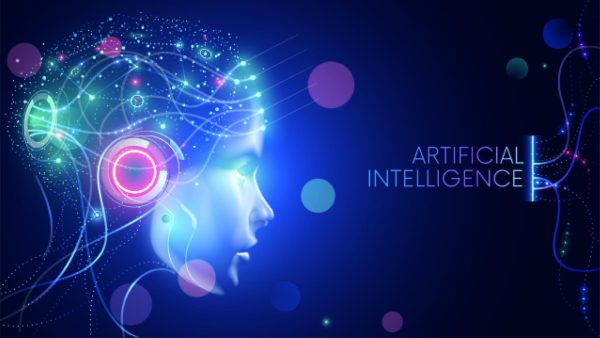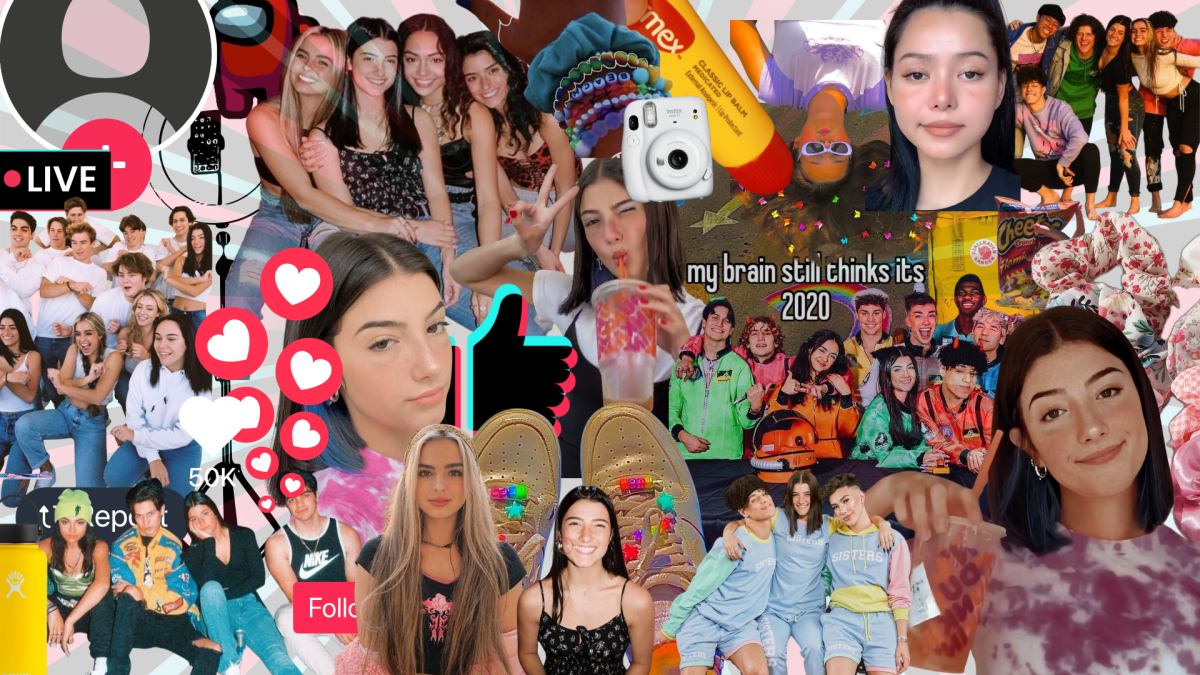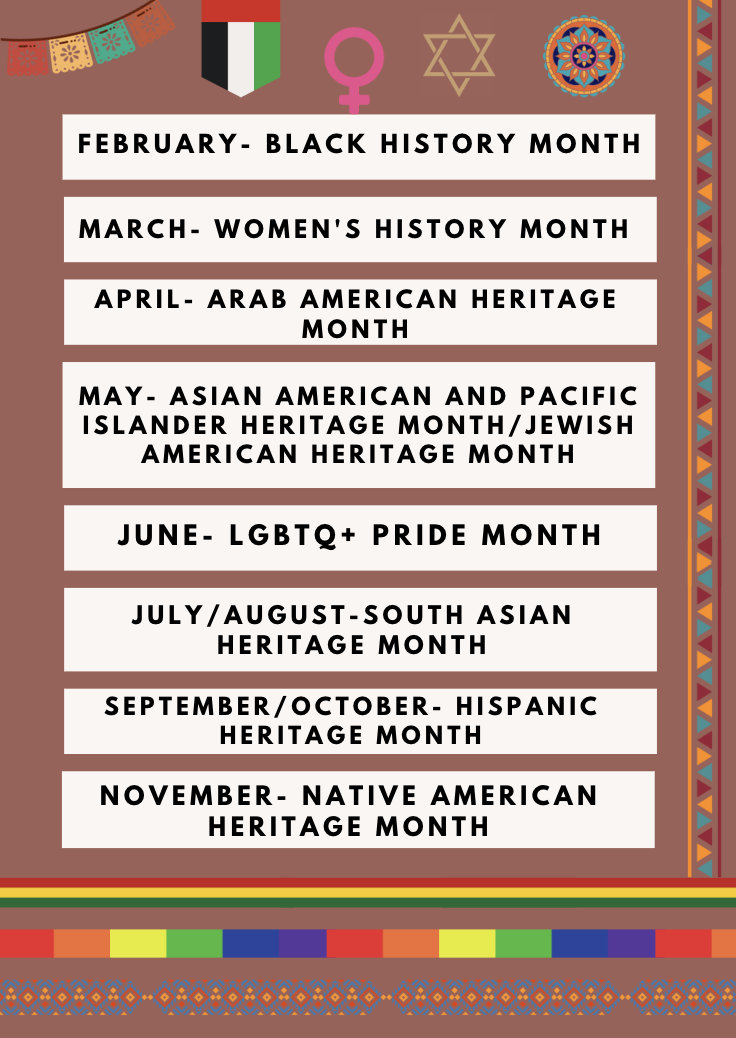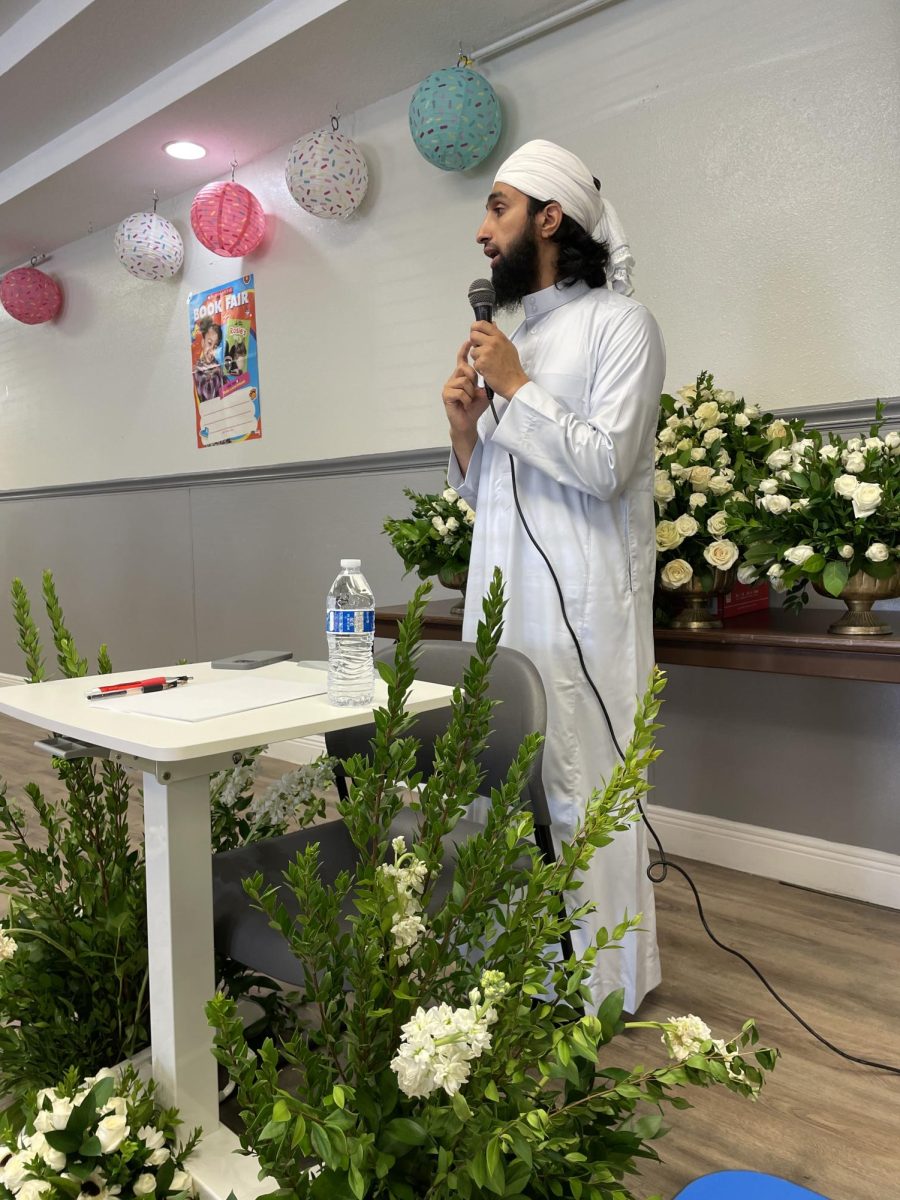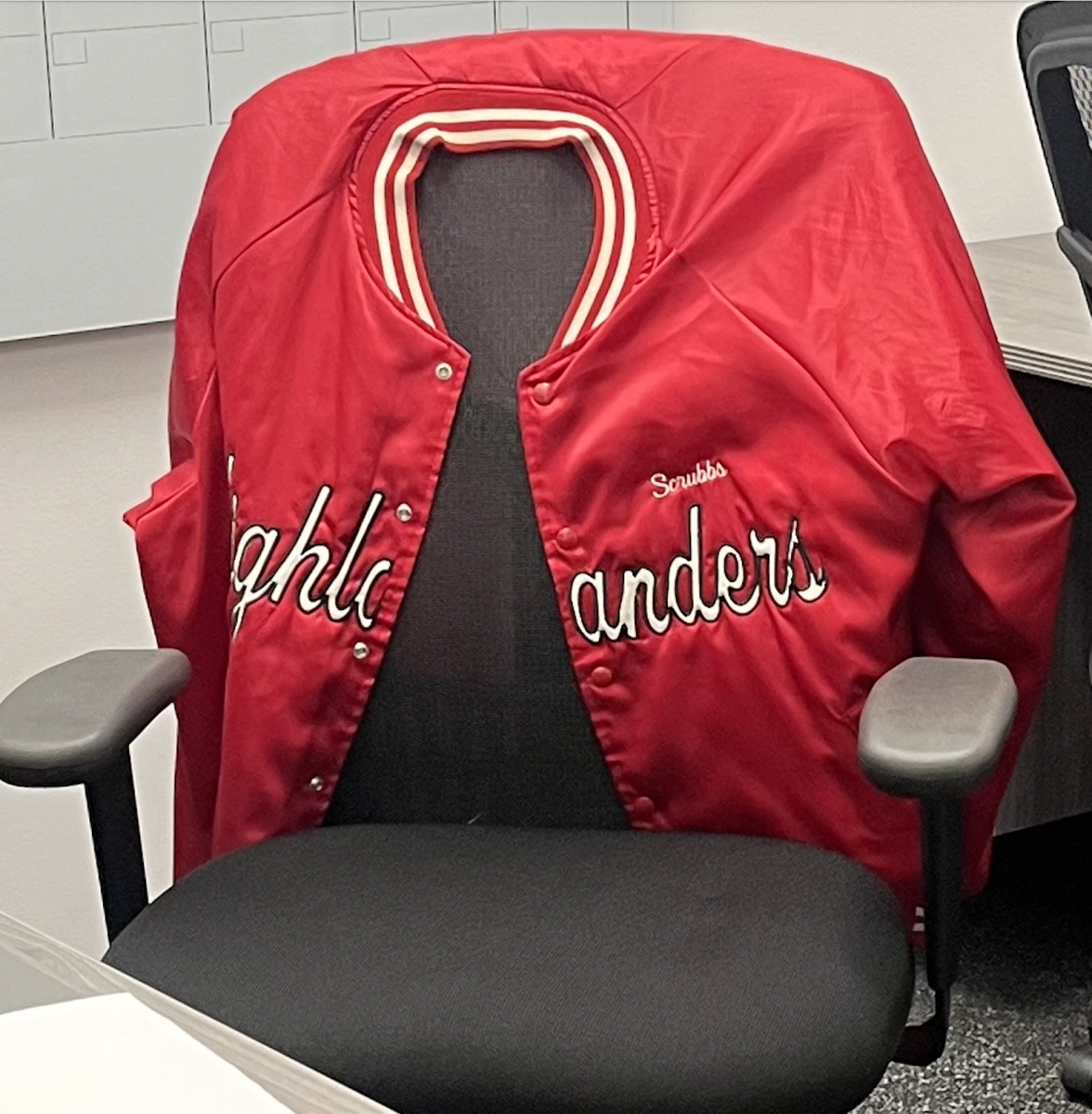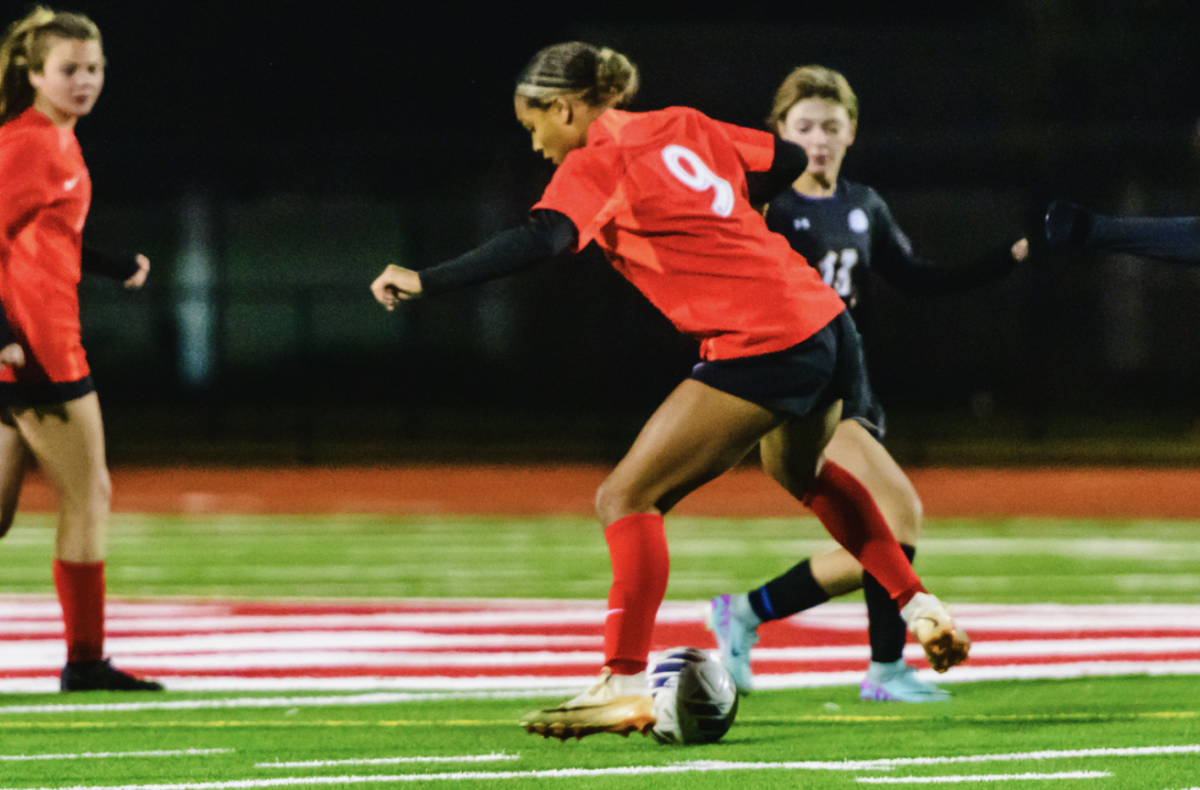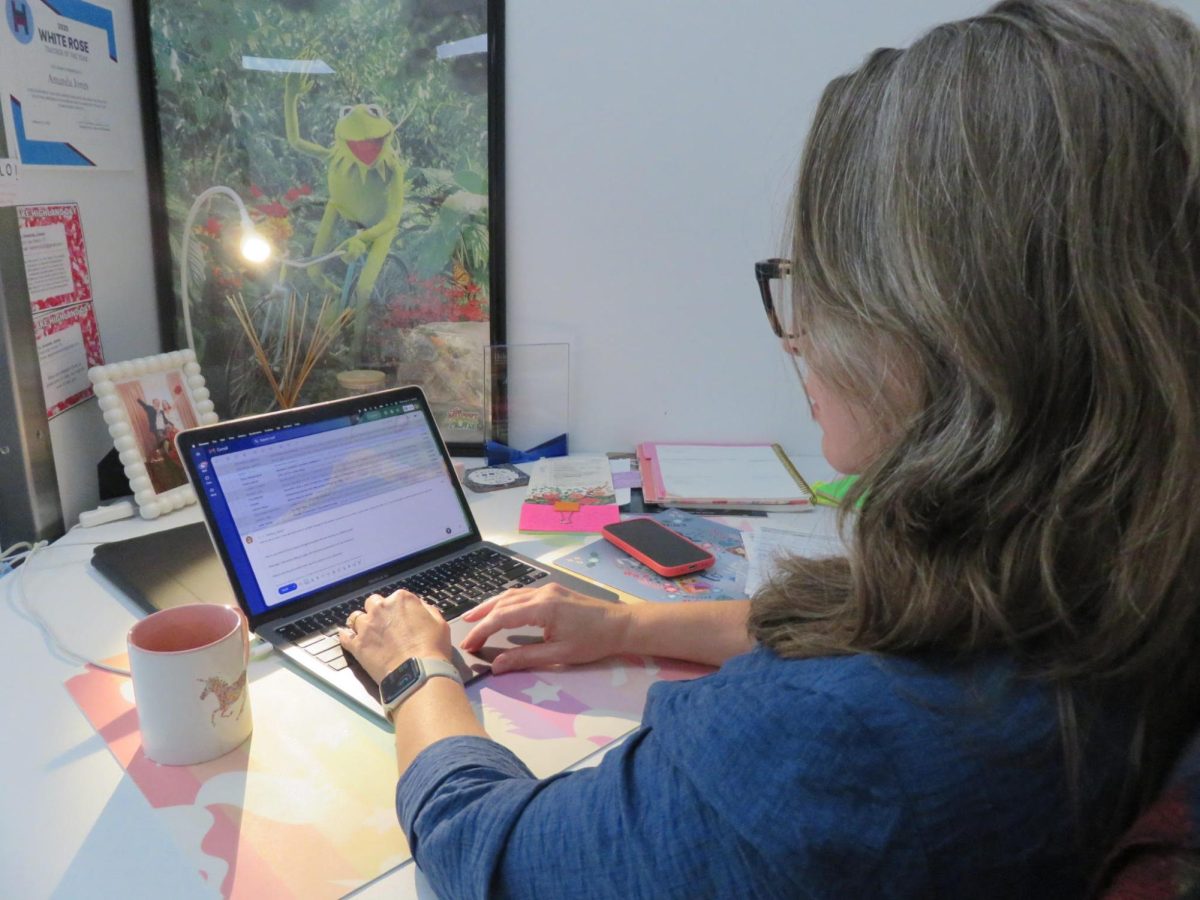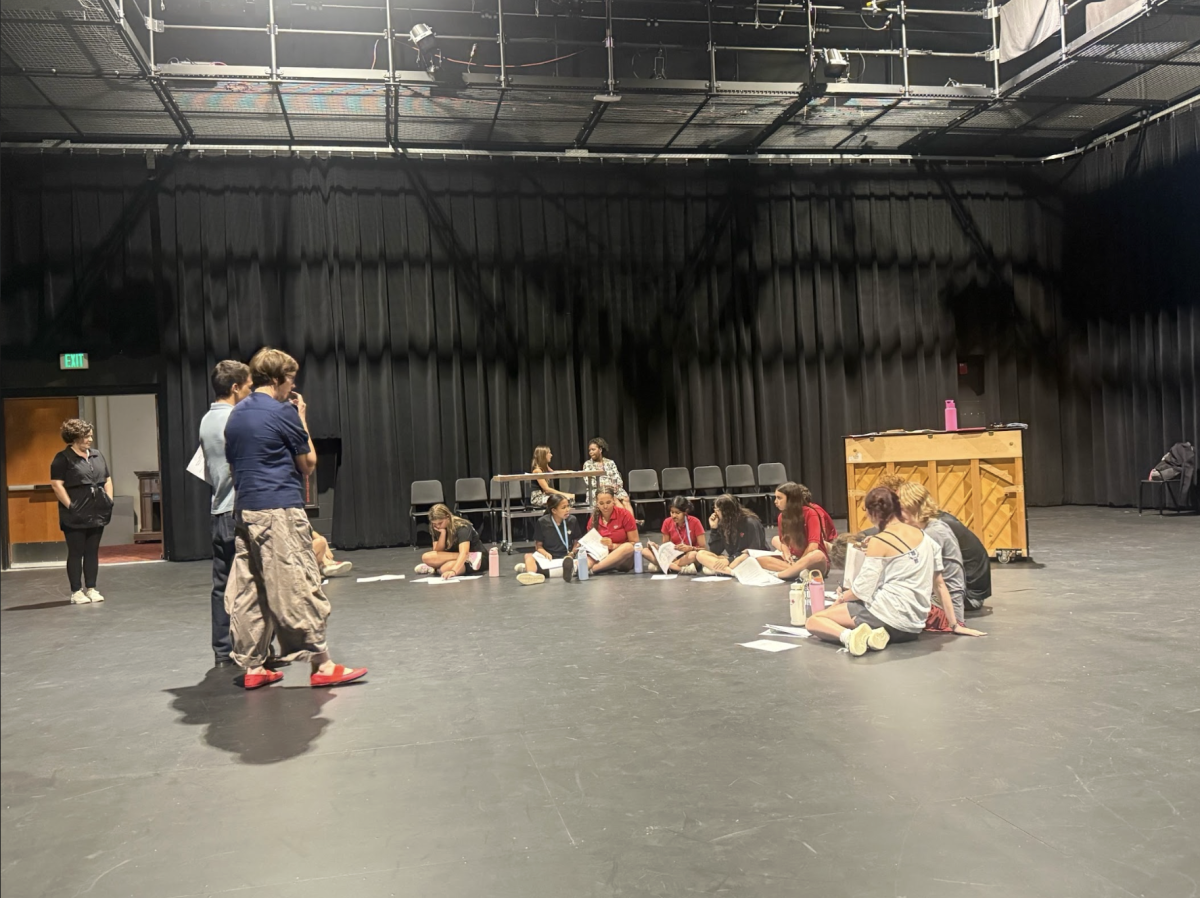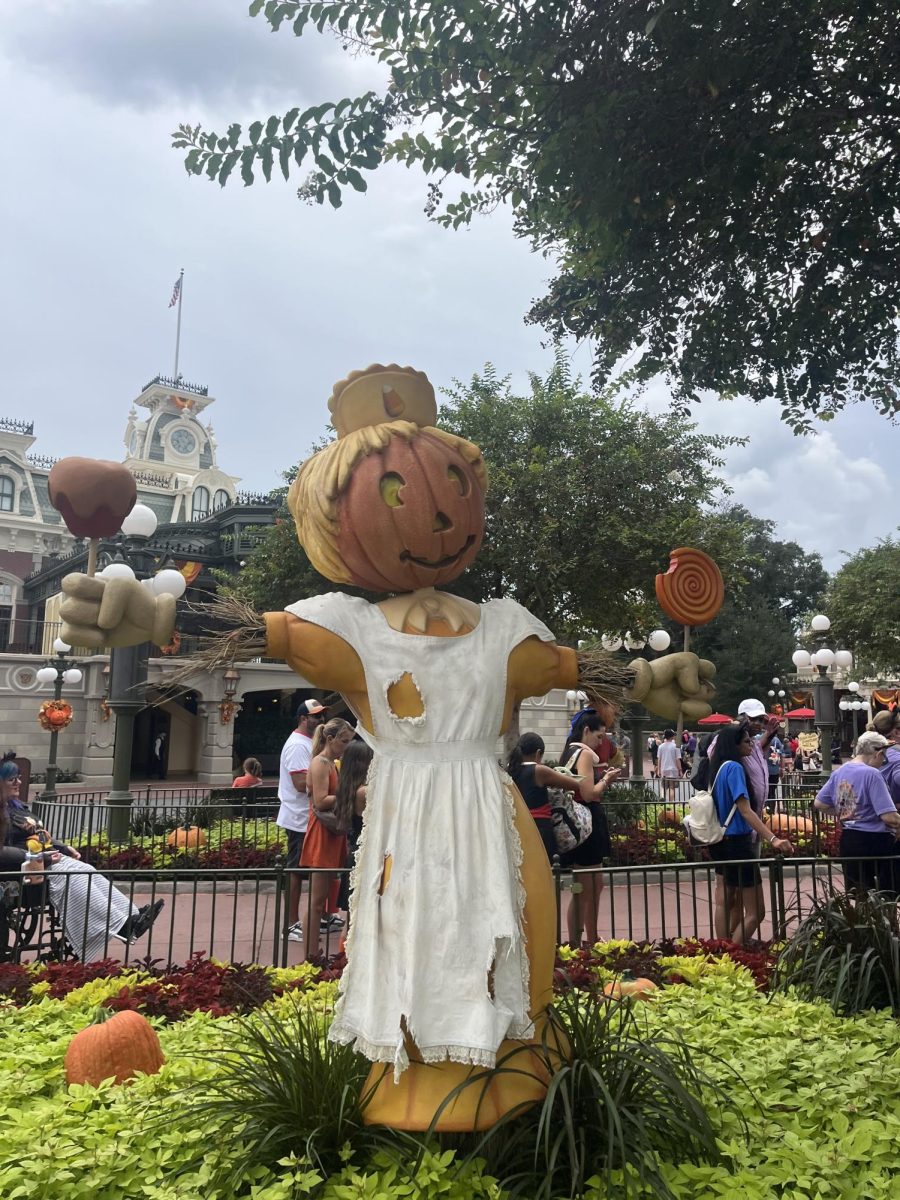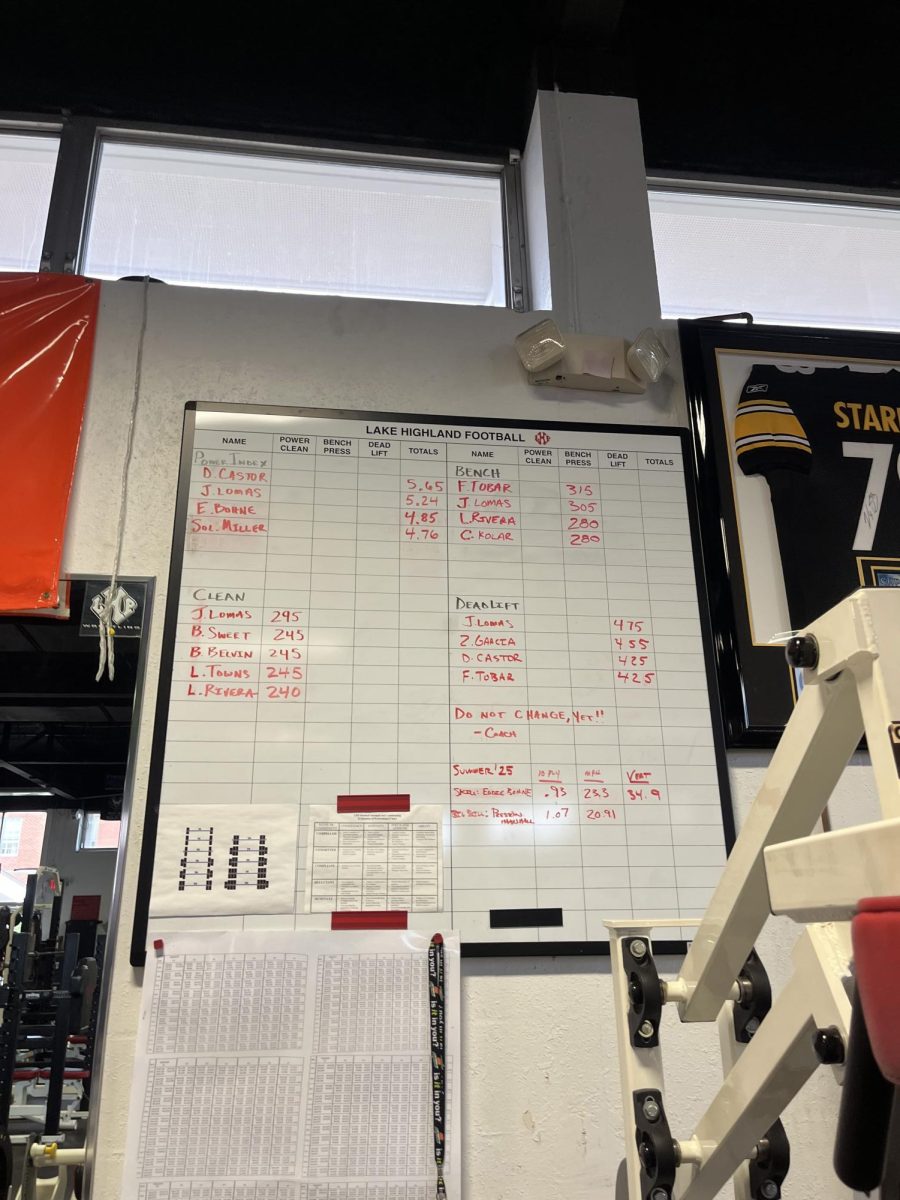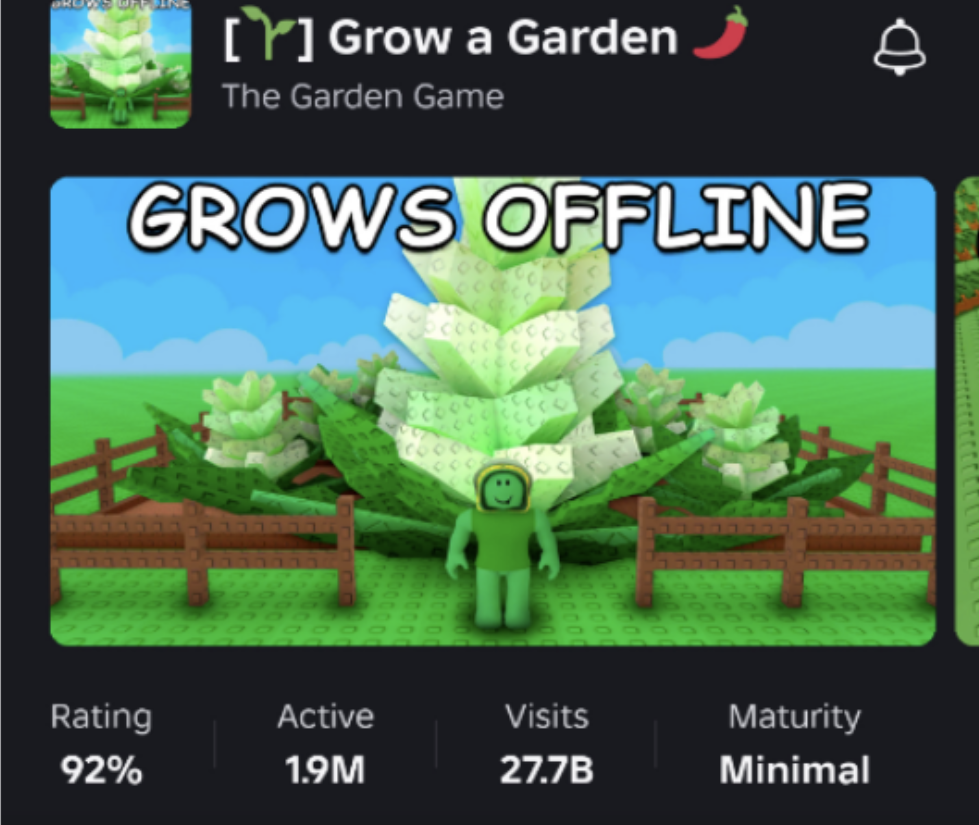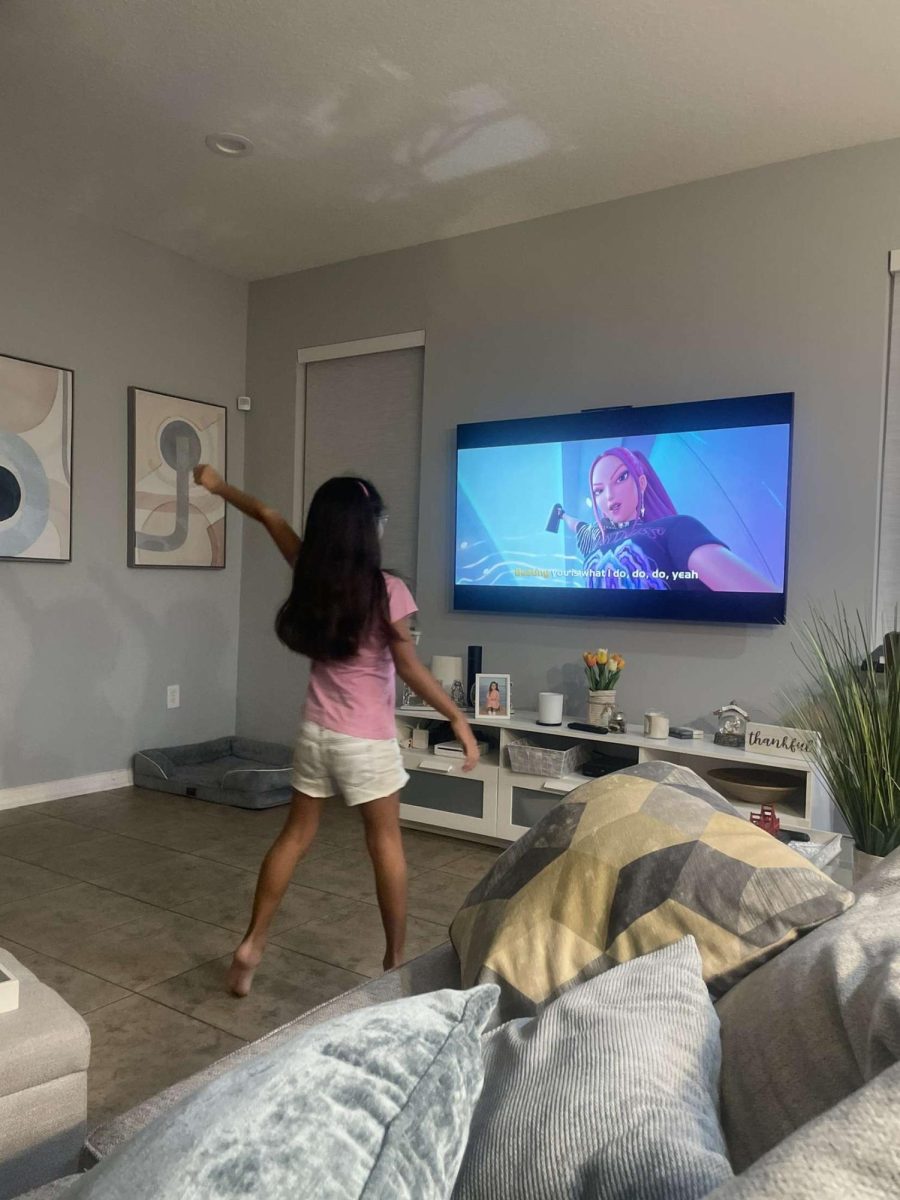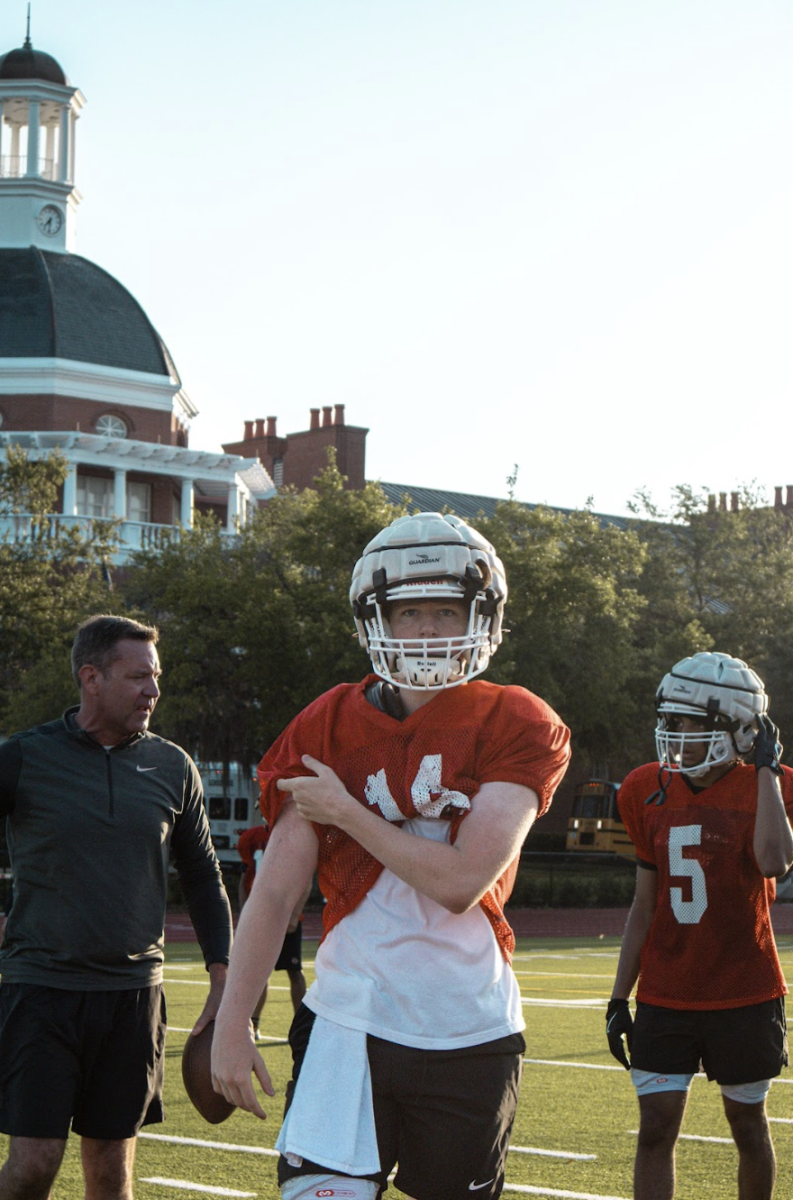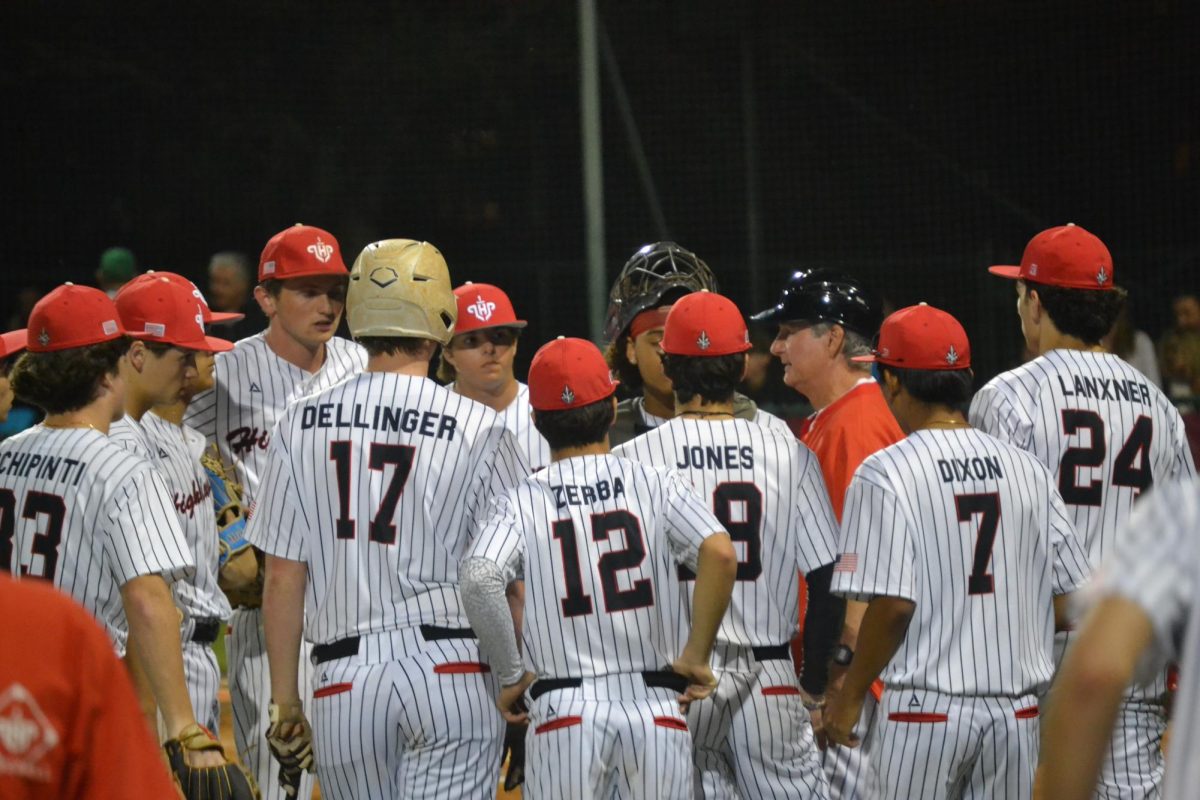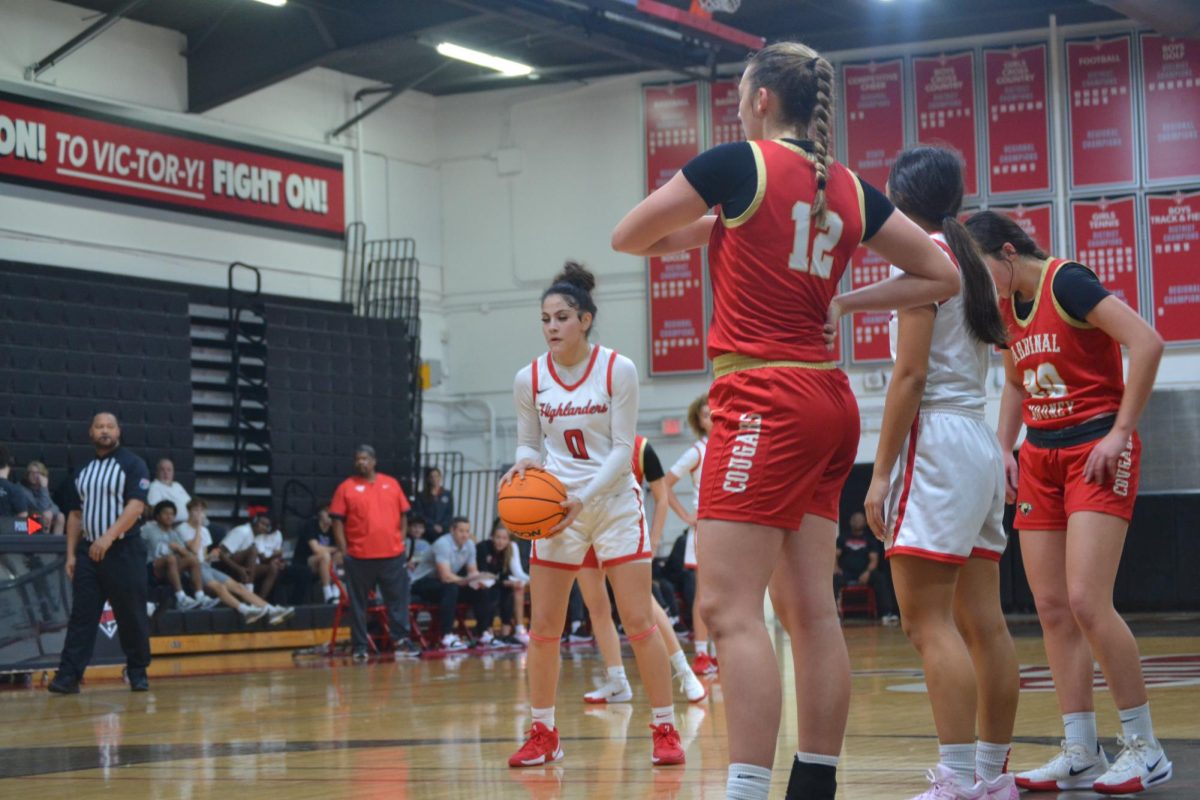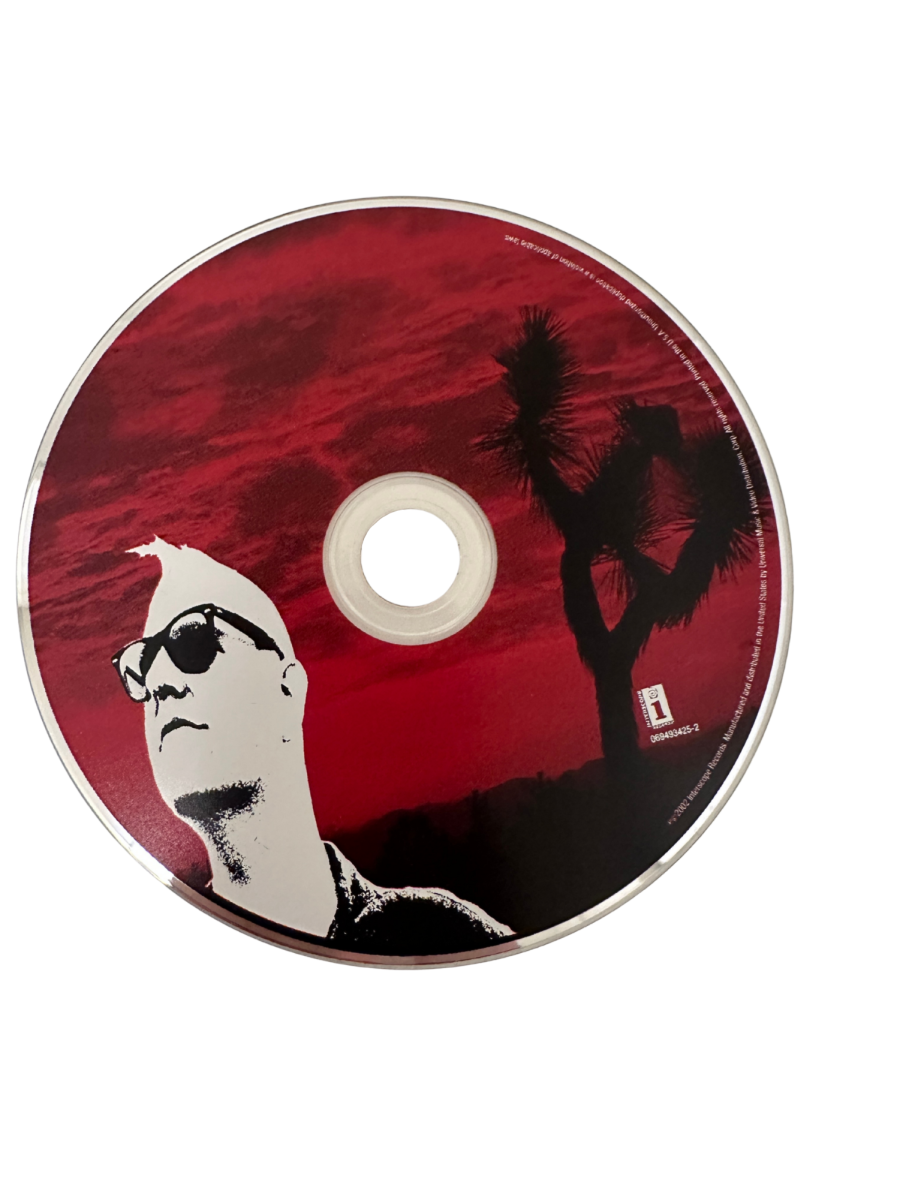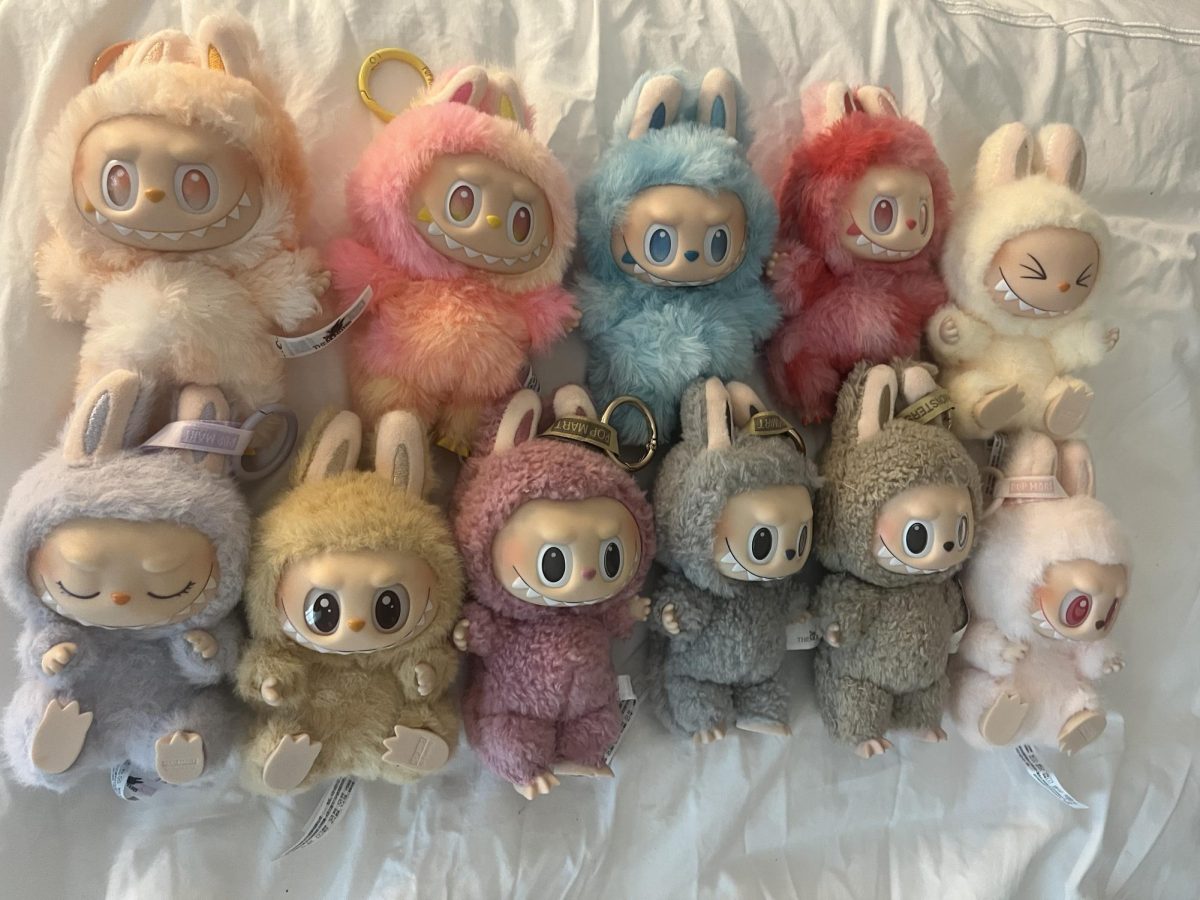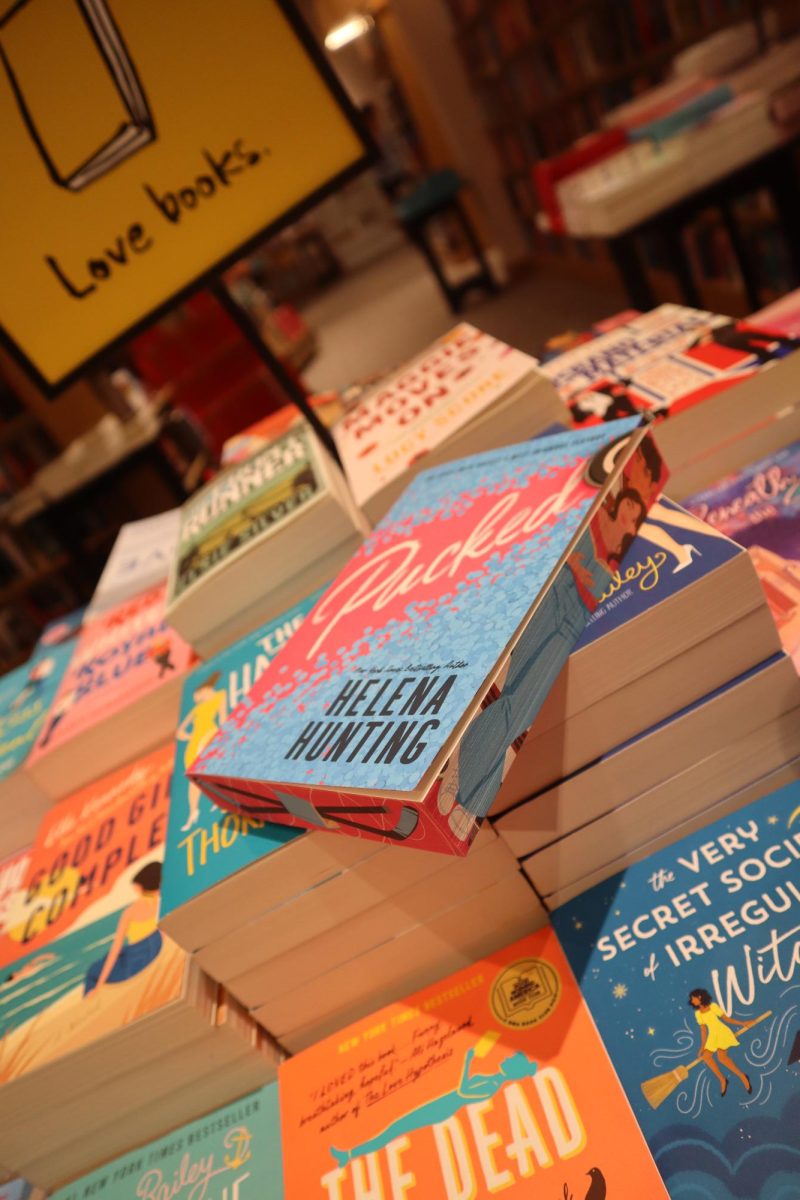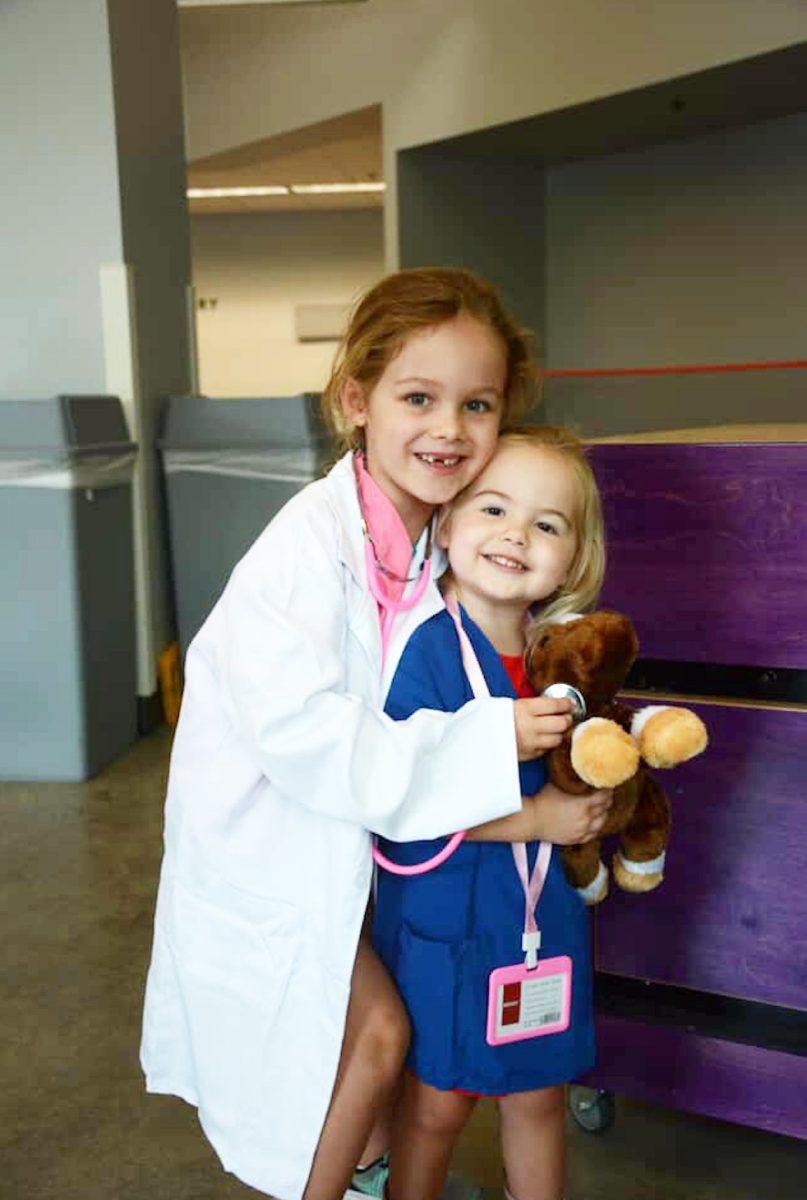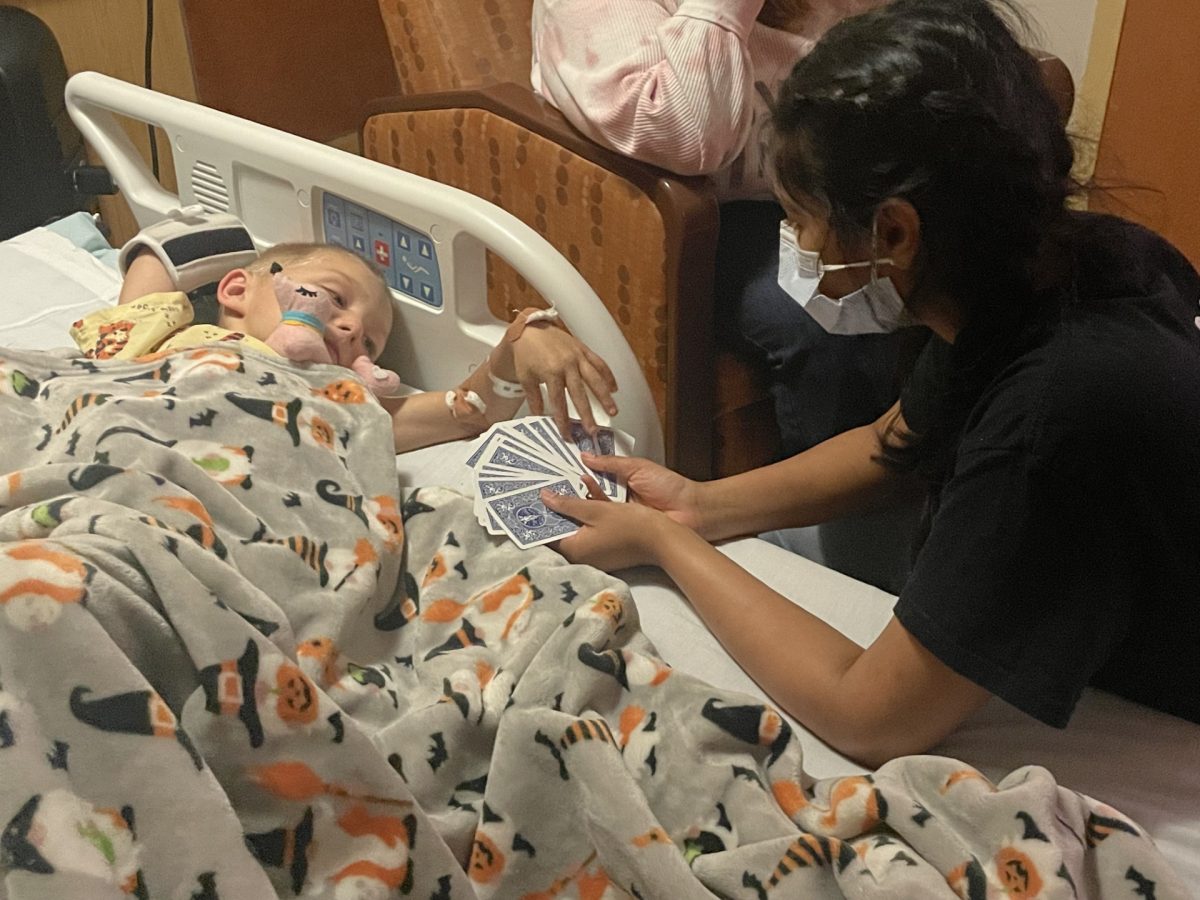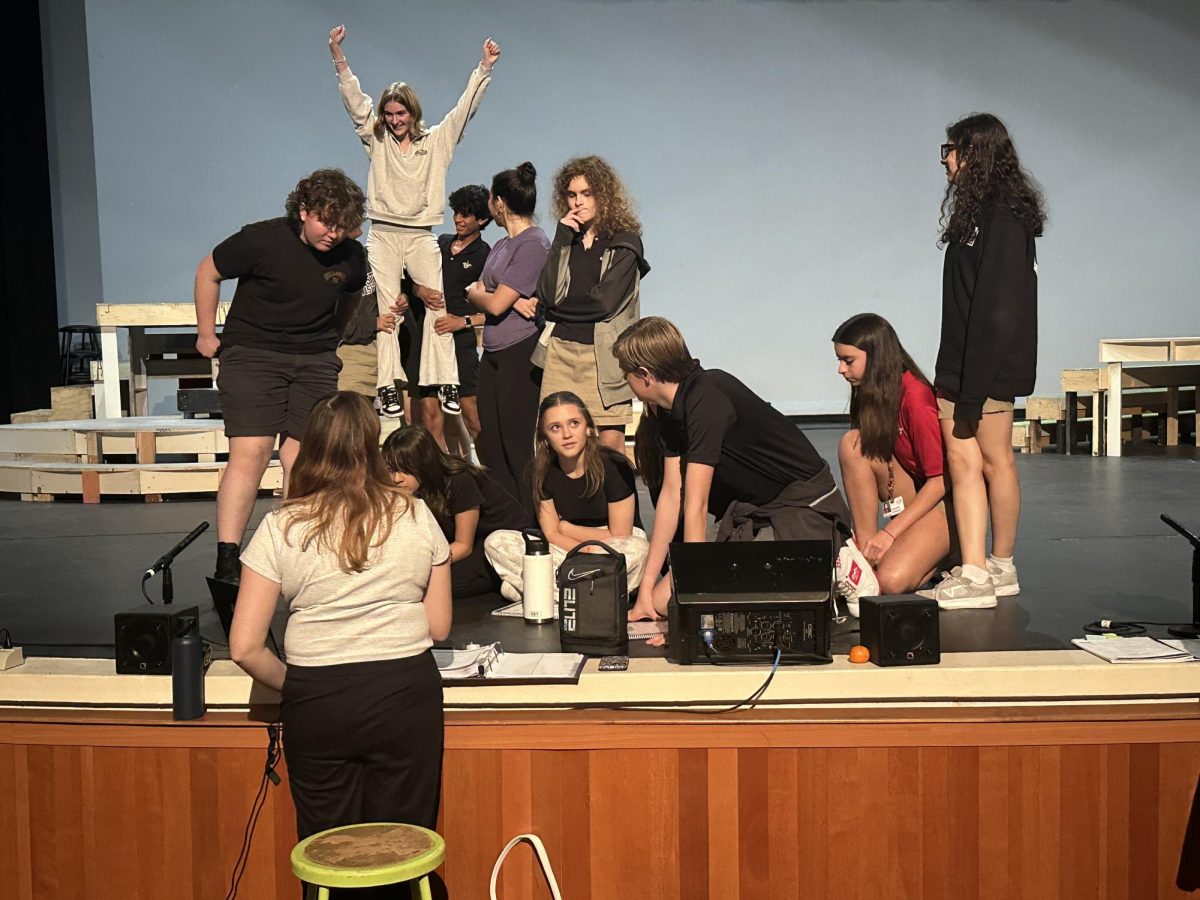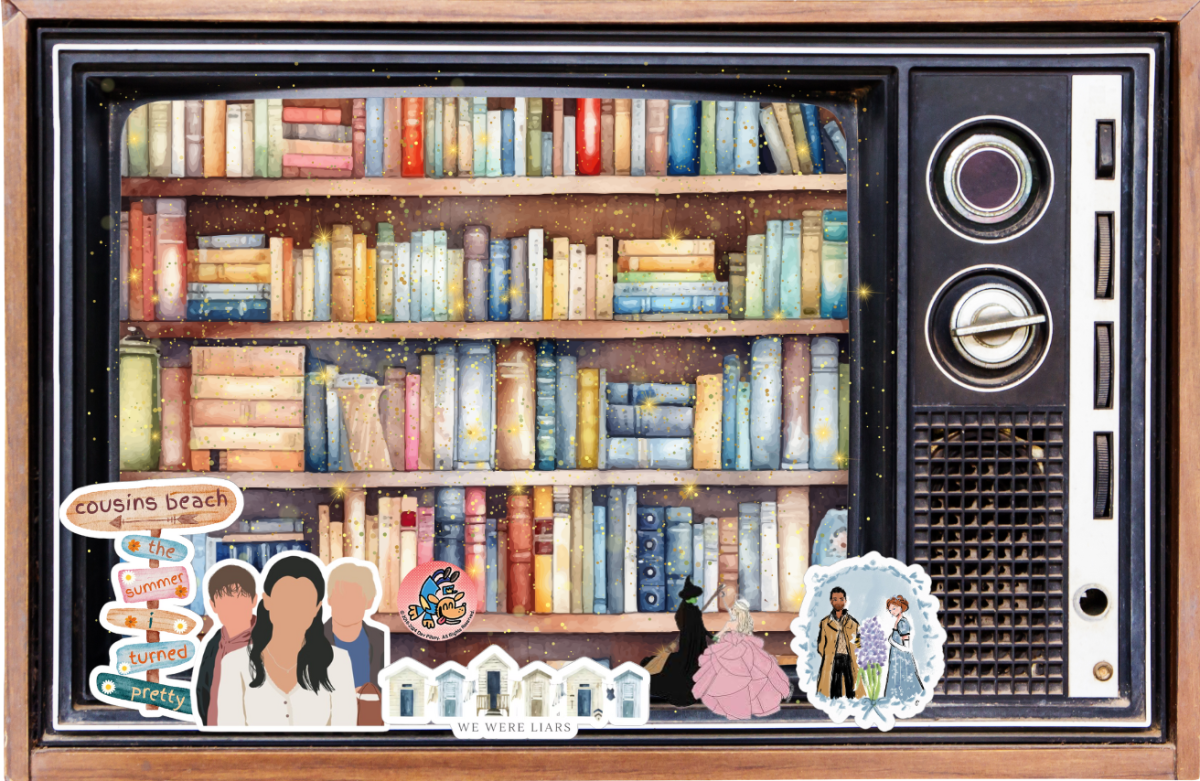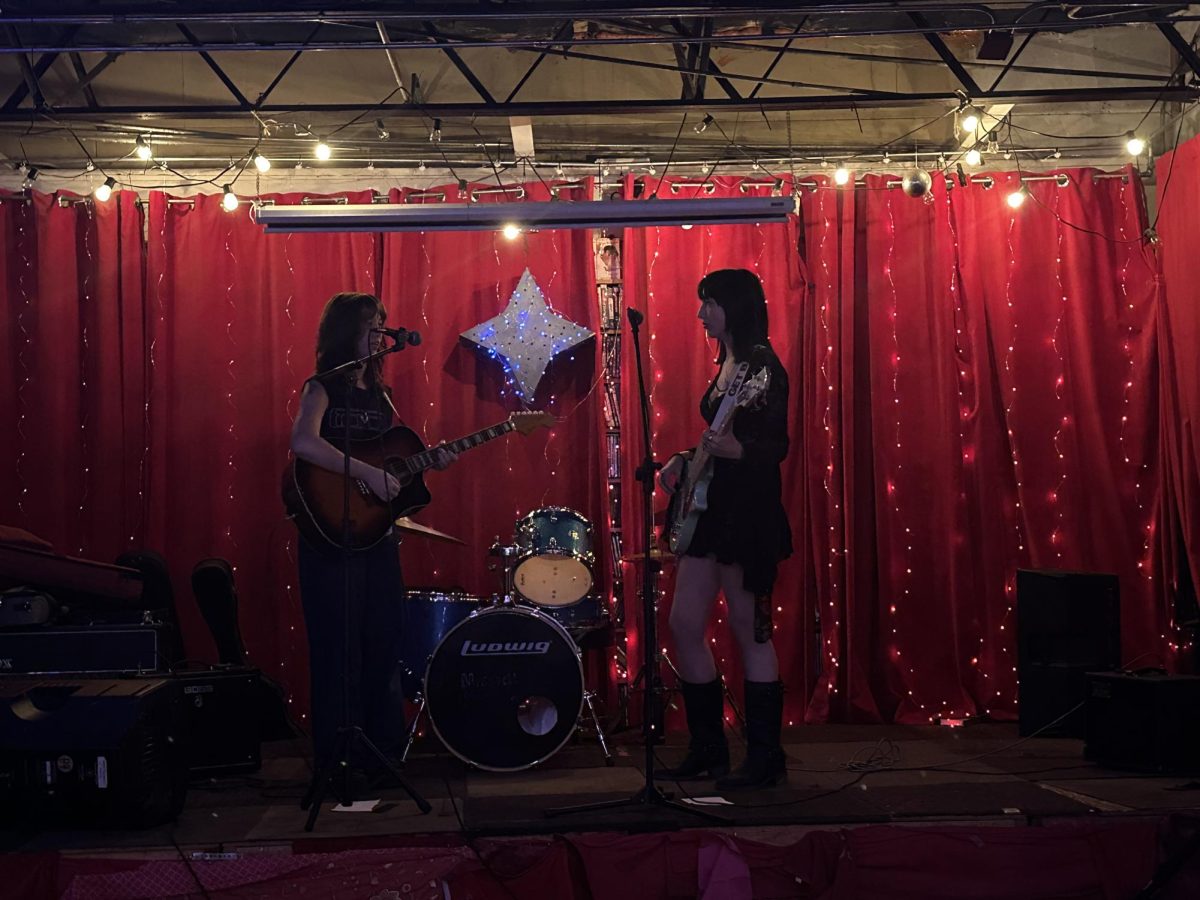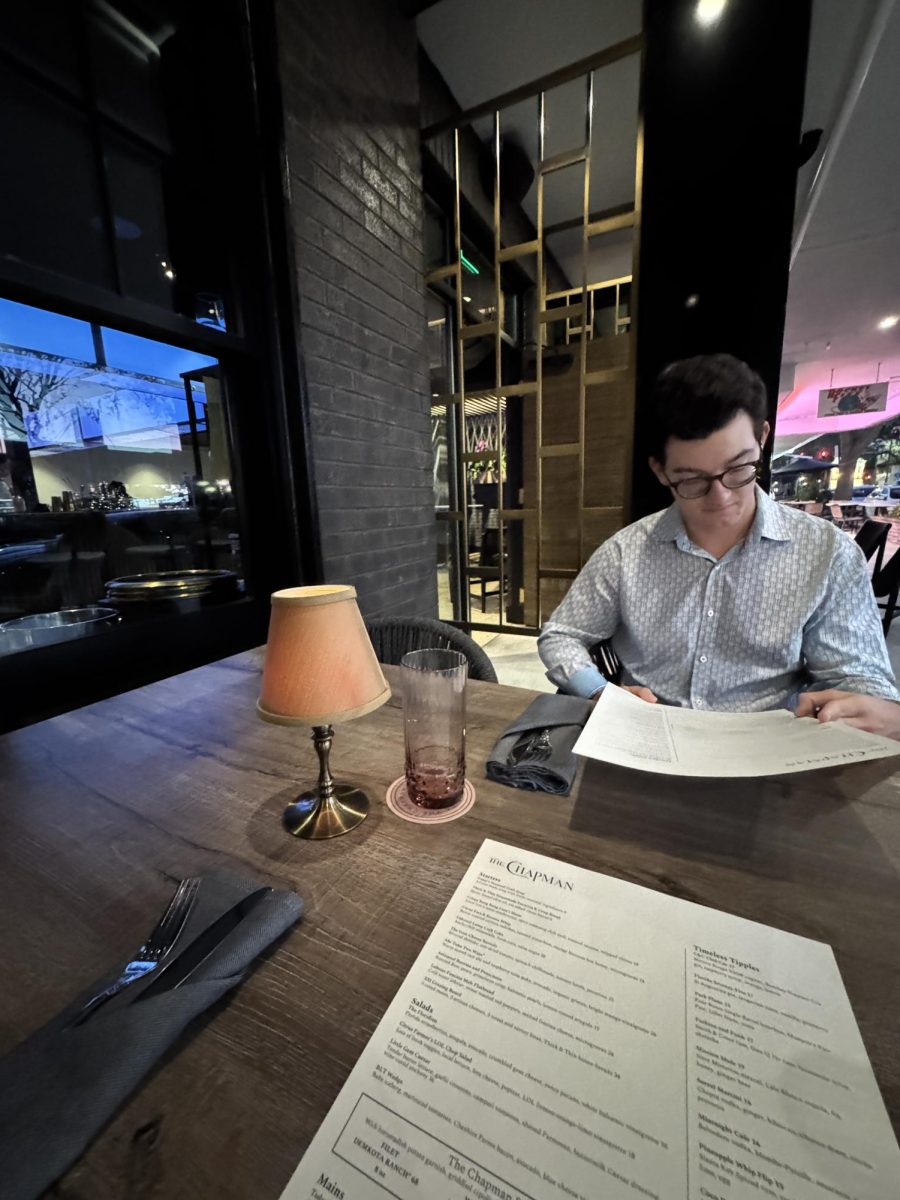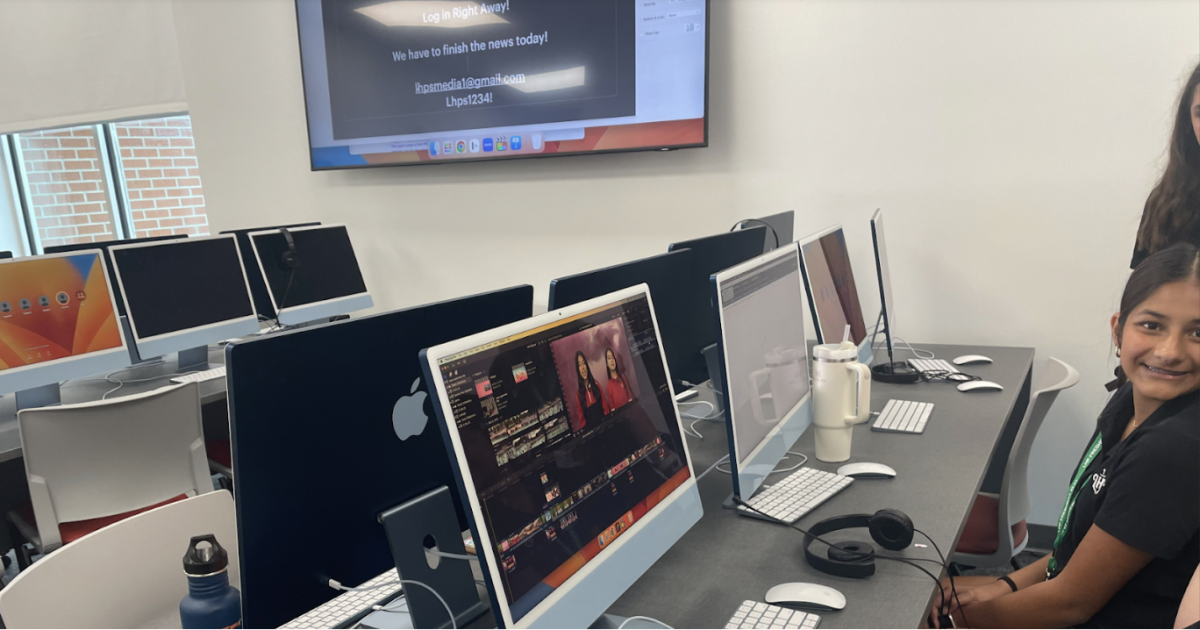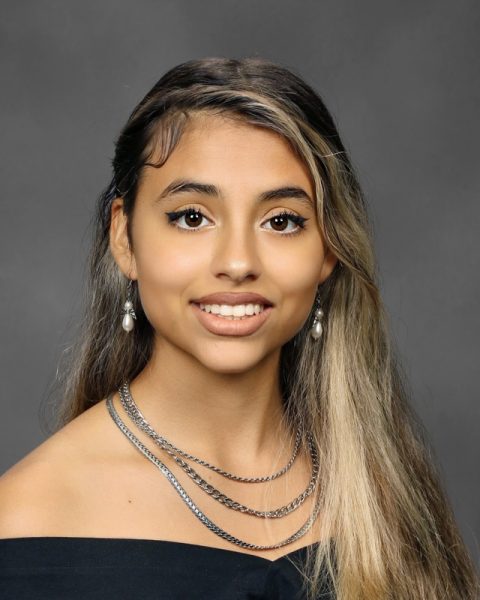On May 2, 2023, 11,000 American screenwriters went on strike. These writers belong to The Writers Guild of America, and they have been on strike since then, according to CNN. However, although this strike has cost Warner Bros. Studios hundreds of millions of dollars, it is worthwhile to question whether or not the benefits of using Artificial Intelligence in writing may outweigh the costs once strikes end. To find out, let’s take a look into the most effective and widely used form of AI to date: Chat GPT.
Chat GPT became available to the general public in the spring of 2023. It is owned by the company Open AI, and since its release, the service has been used by hundreds of millions of people and has come out with a new version: Chat GPT 4. Chat GPT allows users to type text into the chat box and ask for advice or revisions to the text to fit specific criteria. Additionally, users can even give Chat GPT a prompt and have Chat GPT respond with an original piece of text that fulfills the prompt’s criteria. Chat GPT can also offer instant results to mathematical or scientific questions.
It is easy to imagine how this would affect screenwriting. To begin with, large movie production companies such as Warner Bros. Studios can now use the technology to produce movie or TV show scripts that, some would argue, are the same in quality as human-produced scripts. However, it is debatable whether or not audiences are willing to watch movies written by AI and whether AI-written scripts have the same depth as human-written scripts. Additionally, it has been proven that AI services such as Chat GPT plagiarize content from various sources on the Internet rather than using their own.
Ms. Tara Bork, the yearbook and humanities teacher at Lake Highland, has provided some opinions about this topic. She says she has, “A great many concerns about the unethical use of AI in future filmmaking and in some current productions.” These concerns include that AI-written scripts do not provide the same emotional depth that a human-written script can. To explain this claim, Ms. Bork said, “If you read any scripts written by AI, they lack emotional experience. AI hasn’t had a bad breakup, it hasn’t blown out birthday candles, and it hasn’t been on a roller coaster. How can it give you the depth of a human writer or the emotion of a human actor?” This is important to note because if large numbers of people refused to watch movies and TV shows written by AI due to the opinion that they lack emotional depth, the entertainment industry could lose millions of dollars. However, it is too early to collect accurate statistics on whether or not most people think this way. It should also be noted that it could be argued that taking human-written sources from the Internet actually does directly incorporate human emotions into the writing that AI produces.
For example, if someone were to write a true story about something emotionally traumatic that happened to them and publish it online, Chat GPT could then take individual sentences, words, or phrases from that story that evoke emotion and insert them into a movie script it was writing for a person. While this would be helpful in creating entertaining books and movies, it also brings forth the issue of plagiarism. Every person who writes something has the right to his or her own publication unless the person using their writing cites it correctly, but Chat GPT does not cite its sources unless the user prompts it to do so. Even new websites and apps that can now detect if something has been written by Chat GPT are not able to track down and cite who actually wrote the different pieces of the text that Chat GPT produces. “It hasn’t affected my grading, but it has influenced it in that if a person’s writing style looks familiar, I have to check for plagiarism,” says Mrs. Tracy Fordham, the AP Lang teacher at Lake Highland. When it comes to creativity, she believes that, “When it [AI] is misused, it can hinder creative thinking and critical thinking.”
And Chat GPT isn’t the only Artificial Intelligence service that is threatening human creativity. Midjourney, a new AI service that is now publicly available on the Internet, can create original, hyper-realistic art that fits the exact criteria given to it by its user, no matter how specific or complex. This has the potential to influence advertising, book creation, and much more. When asked if AI had helped her at all so far, Ms. Bork said that, “I have tried to use some AI programs to generate ideas for [the] yearbook, but they didn’t turn out.” She also says that, “AI hasn’t had the Lake Highland experience.” So, for now, it has yet to be seen how Artificial Intelligence will affect the yearbook-making and experience at Lake Highland.
What we do know, however, is that AI is being used in some English classrooms at LHP. Last school year, during the spring of 2022, English 10 Honors students had an assignment in which they were asked to input a piece of writing into Chat GPT and ask it to edit the piece to fit the rubric for the assignment. Students then had to explain the changes that Chat GPT had made. Mrs. Fordham also finds that AI can be useful in teaching. When asked if she incorporated AI in her teaching and how, she said, “Sometimes. I encourage students to use it as a building block or an idea generator.” This shows that whether or not AI hinders creativity is not only subjective but also dependent on the person using it.
The case of poor use of AI has since brought up serious concerns about academic dishonesty at Lake Highland. This school year, the 2023-2024 year, every Newspaper assignment has an AI redlight statement that says: “Students are not allowed to use advanced automated tools (artificial intelligence or machine learning tools such as ChatGPT or Dall-E 2) on this assignment. Each student is expected to complete each assignment without assistance from others, including automated tools. Any violation will be addressed in accordance with the LHP Honor Code.” This statement is important because the use of AI would disqualify Newspaper from competing nationwide with the American Scholastic Press Association. Similarly, Chinese IV Honors students were required to initial a document during the first week of school titled, “AI Policy Statements.” This shows that tensions are rising in regard to the dishonest use of AI, and it is still undecided whether it is a tool or a hindrance to learning.
While we still don’t know exactly how AI will affect writing and art at Lake Highland, we are certainly beginning to see some changes across all classes. The full effects that AI will have on educational regulations, screenwriting, and advertisements are yet to be determined. As Open AI puts it, “Our [Open AI’s] policy states that when sharing content, all users should clearly indicate that it is generated by AI.” But with no one enforcing this rule besides high-school English teachers, students who are especially technologically knowledgeable may be able to circumvent these policies without consequence. As for paid writing in the real world, the question might not be whether AI will be properly credited in the writing that people are consuming, but if the consumers will even care.
